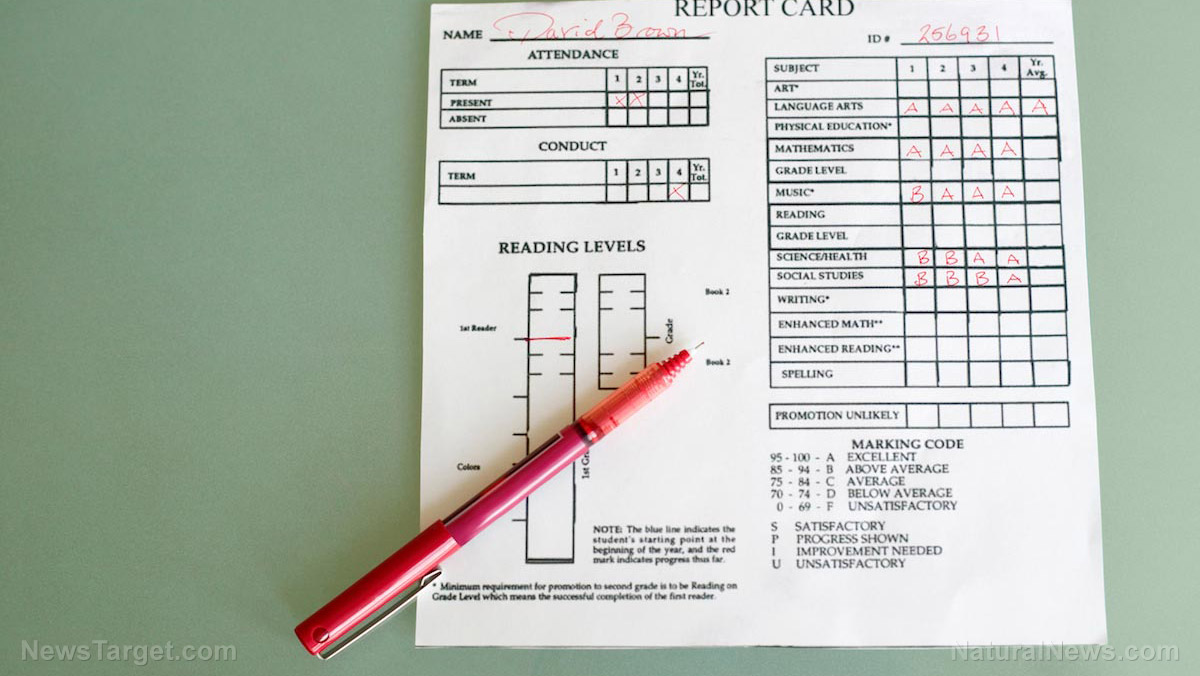Like their students, one in five university professors are seemingly hooked on using medications for attention-deficit hyperactivity disorder (ADHD) to keep up with the demands of their jobs, Cambridge University academic and neuroscientist Dr. Hannah Critchlow discussed at The Hay Festival. According to Dr. Critchlow, an increasing number of university professors were found to use these drugs, known as nootropics, to bolster memory, concentration and mental stamina.
However, the neuroscientist cautioned that these drugs — which include Ritalin, Adderall, Noopept, and Modafinil — were previously associated with long-term side effects such as heart problems and psychosis. The academic also noted that an increasing number of students have also been found to to use these drugs in order to improve academic performance.
“One in five academic professors also admit to taking them in order to help them with their grant writing and their committee meeting concentration. (These are) drugs that are usually prescribed for patients who have attention hyperactivity disorder or Alzheimer’s to help with their memory or focus. Students are buying these drugs off the internet so it’s not particularly legal, they are taking these drugs in the hope that it will help with their revision for exams. There’s not a huge amount of data on how these drugs might help them in their revision and exams but they do seem to increase working memory. What exactly the drugs will be doing for a healthy, young brain where there is lots of changes going on in a younger brain – the long term effects of these drugs are not known yet,” Dr. Critchlow said in DailyMail.co.uk.
Different institutions in the U.K. have been urged to address the issue through measures such as drug testing
More students use “smart drugs” for better academic performance
The already worsening drug problem among students have been well documented by previous research. For instance, a survey by the online community forum The Student Room revealed that one in 10 students across all age groups have tried using smart drugs. The poll also revealed that about 25 percent of students said they plan to use the drug at some point in the future. The survey, which polled 2,000 students, also found that most students hide their drug use from their parent, while only a third admitted to their parents about using the medications.
“If you are a student sitting exams now, our advice would be: please do not take study drugs. They often have the reverse effect to what you are expecting and, in some cases, have worse side effects, like sleeplessness, loss of focus, and increased anxiety. Instead, speak to your lecturers, teachers, or parents to explain you feel things may be getting on top of you,” Jack Wallington, community director at The Student Room, said in Independent.co.uk.
Another study published in Clinical Child and Family Psychology Review showed that 17 percent of college students misuse the ADHD medication Ritalin. According to the research team, the students either use the drug without a prescription, or take the drug in higher doses. The researchers also noted that the primary reason for drug misuse was to boost academic performance. The study also revealed that the students used the drug for recreational purposes. The scientists warned that while the drug was used less frequently for this purpose, taking the drug along with alcohol would be detrimental to the overall health.
In addition, a study conducted by researchers at the Staffordshire University in the U.K. found that a majority of university students think that it was only normal to use smart drugs such as Noopept in order to boost school performance.
Sources include:
DailyMail.co.uk
Independent.co.uk
MedicalNewsToday.com





















